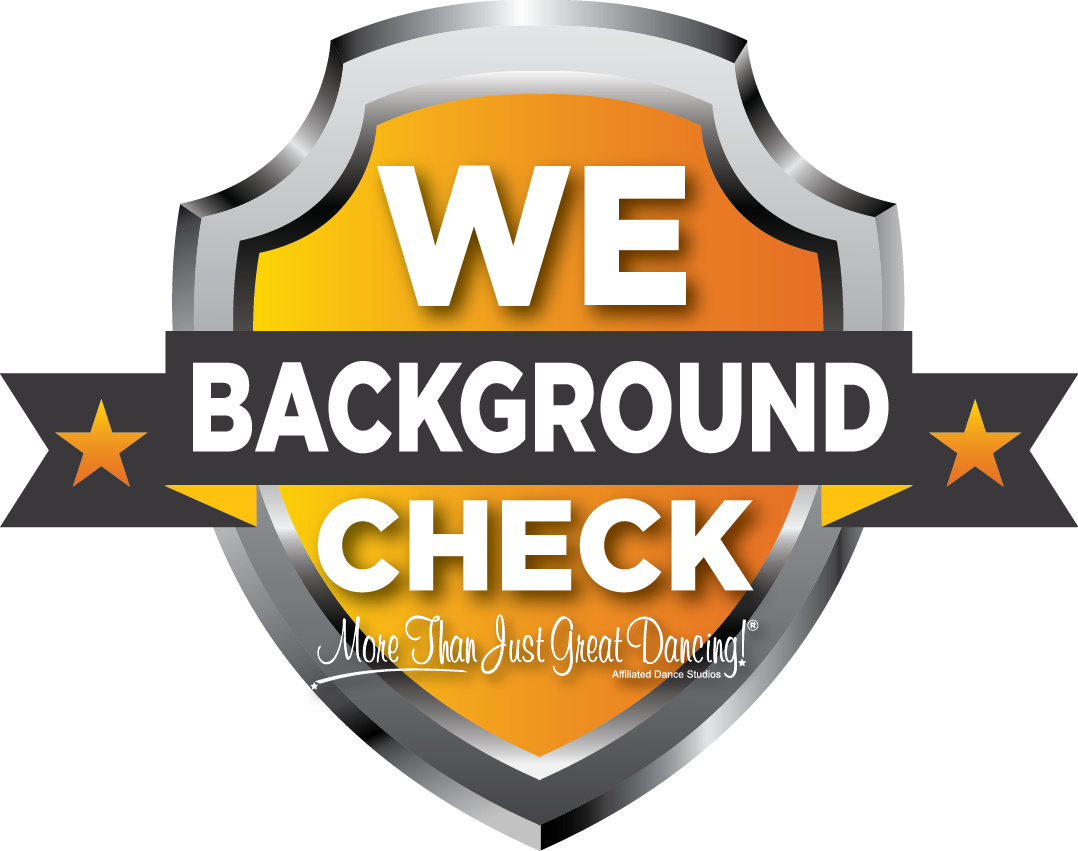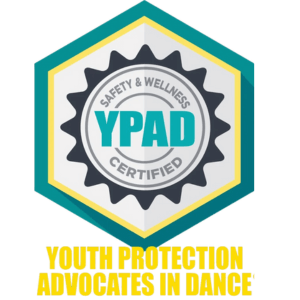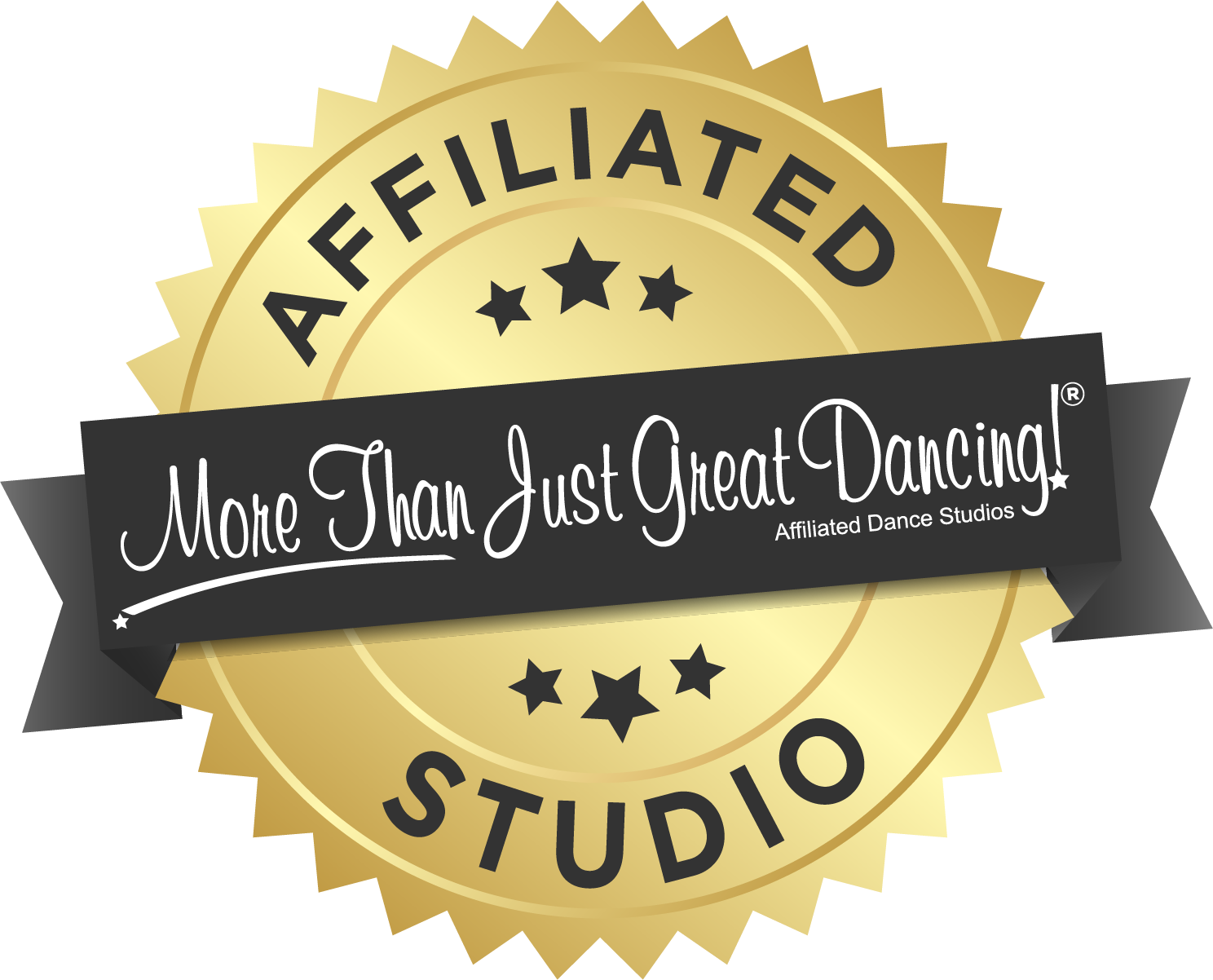Blog
Blog

The Role of Dance in Developing Motor Skills in Preschoolers: A Journey of Movement and Growth - Copy
Introduction:
Welcome, parents, to our vibrant dance studio blog! As you embark on the exciting journey of choosing a dance studio for your preschooler, we want to share with you the remarkable role that dance plays in developing their motor skills. At our dance studio, we are not only passionate about the art of dance but also about nurturing your child's growth and development. Join us as we explore the magical world of dance and its impact on your little one's motor skills!
1. Dance and Fine Motor Skills:
Dance is a marvelous medium that engages both large and fine motor skills. As your child moves and grooves to the rhythm, they develop coordination, balance, and control over their body movements. By incorporating intricate hand gestures, finger movements, and precise footwork, dance helps enhance fine motor skills in a playful and enjoyable manner. It lays the foundation for mastering activities like writing, tying shoelaces, and manipulating objects with dexterity.
2. Coordination and Body Awareness:
Preschoolers often need assistance in understanding and controlling their rapidly growing bodies. Dance offers an engaging platform for developing coordination and body awareness. Through structured movements, children learn to synchronize their body parts, improve spatial awareness, and develop a sense of rhythm. This heightened coordination extends beyond the dance floor and positively impacts their daily activities, such as climbing, jumping, and navigating obstacles.
3. Balance and Posture:
Dance fosters the development of balance and posture, crucial skills that benefit children both in and out of the dance studio. As they learn to shift their weight, align their body correctly, and maintain control during various dance routines, their balance and posture improve significantly. These skills contribute to better overall body control, stability, and confidence in physical activities, be it riding a bike, playing sports, or simply navigating their surroundings with grace.
4. Strength and Flexibility:
Dance is a dynamic and physically demanding art form that helps build strength and flexibility in preschoolers. Through dance movements, children engage and strengthen different muscle groups, enhancing their physical stamina and endurance. Additionally, regular dance practice promotes flexibility by stretching and elongating muscles, resulting in improved range of motion. These acquired physical attributes not only benefit your child's dance performance but also support their general well-being.
5. Emotional and Cognitive Development:
Dance is not solely about physicality; it also nurtures emotional and cognitive development in preschoolers. Dancing allows children to express themselves creatively, boosting self-confidence, and self-esteem. It encourages them to explore emotions, interpret music, and tell stories through movement. Moreover, the cognitive demands of remembering choreography, counting beats, and responding to cues sharpen their memory, focus, and attention skills.
Conclusion:
As parents, you undoubtedly seek an environment that promotes your child's holistic growth. By choosing a dance studio that prioritizes the development of motor skills, you're providing them with an enriching experience that goes far beyond dance itself. At Adagio, we are dedicated to nurturing your child's motor skills through the magic of dance. Come join us in this remarkable journey of movement, growth, and endless joy!
Remember, dance is not just an art form but a powerful tool for shaping your child's physical, emotional, and cognitive development. We invite you to explore our dance studio further and witness firsthand how we create a nurturing environment for your preschooler to thrive. Stay tuned for more exciting blog posts and helpful tips from our team of dance enthusiasts and child development experts.
Let's dance together towards a brighter future for your child!

The Role of Dance in Developing Motor Skills in Preschoolers: A Journey of Movement and Growth - Copy
Introduction:
Welcome, parents, to our vibrant dance studio blog! As you embark on the exciting journey of choosing a dance studio for your preschooler, we want to share with you the remarkable role that dance plays in developing their motor skills. At our dance studio, we are not only passionate about the art of dance but also about nurturing your child's growth and development. Join us as we explore the magical world of dance and its impact on your little one's motor skills!
1. Dance and Fine Motor Skills:
Dance is a marvelous medium that engages both large and fine motor skills. As your child moves and grooves to the rhythm, they develop coordination, balance, and control over their body movements. By incorporating intricate hand gestures, finger movements, and precise footwork, dance helps enhance fine motor skills in a playful and enjoyable manner. It lays the foundation for mastering activities like writing, tying shoelaces, and manipulating objects with dexterity.
2. Coordination and Body Awareness:
Preschoolers often need assistance in understanding and controlling their rapidly growing bodies. Dance offers an engaging platform for developing coordination and body awareness. Through structured movements, children learn to synchronize their body parts, improve spatial awareness, and develop a sense of rhythm. This heightened coordination extends beyond the dance floor and positively impacts their daily activities, such as climbing, jumping, and navigating obstacles.
3. Balance and Posture:
Dance fosters the development of balance and posture, crucial skills that benefit children both in and out of the dance studio. As they learn to shift their weight, align their body correctly, and maintain control during various dance routines, their balance and posture improve significantly. These skills contribute to better overall body control, stability, and confidence in physical activities, be it riding a bike, playing sports, or simply navigating their surroundings with grace.
4. Strength and Flexibility:
Dance is a dynamic and physically demanding art form that helps build strength and flexibility in preschoolers. Through dance movements, children engage and strengthen different muscle groups, enhancing their physical stamina and endurance. Additionally, regular dance practice promotes flexibility by stretching and elongating muscles, resulting in improved range of motion. These acquired physical attributes not only benefit your child's dance performance but also support their general well-being.
5. Emotional and Cognitive Development:
Dance is not solely about physicality; it also nurtures emotional and cognitive development in preschoolers. Dancing allows children to express themselves creatively, boosting self-confidence, and self-esteem. It encourages them to explore emotions, interpret music, and tell stories through movement. Moreover, the cognitive demands of remembering choreography, counting beats, and responding to cues sharpen their memory, focus, and attention skills.
Conclusion:
As parents, you undoubtedly seek an environment that promotes your child's holistic growth. By choosing a dance studio that prioritizes the development of motor skills, you're providing them with an enriching experience that goes far beyond dance itself. At Adagio, we are dedicated to nurturing your child's motor skills through the magic of dance. Come join us in this remarkable journey of movement, growth, and endless joy!
Remember, dance is not just an art form but a powerful tool for shaping your child's physical, emotional, and cognitive development. We invite you to explore our dance studio further and witness firsthand how we create a nurturing environment for your preschooler to thrive. Stay tuned for more exciting blog posts and helpful tips from our team of dance enthusiasts and child development experts.
Let's dance together towards a brighter future for your child!






Contact Us
ADDRESS
123 South 3rd Street Grand Junction, CO 81501
Monday: 4:00 PM - 7:00 PM
Tuesday: 4:00 PM –7:00 PM
Wednesday: 4:00 PM - 7:00 PM
Thursday: 4:00 PM - 7:00 PM
Friday: 4:00 PM - 7:00 PM
Saturday: 9:00 AM - 12:00 PM
Sunday: Closed
I agree to the terms & conditions and privacy policy provided by Adagio Dance Academy. By providing my phone number, I agree to receive text messages from Adagio Dance Academy. Reply STOP to unsubscribe at any time.
Contact Us
ADDRESS
123 South 3rd Street Grand Junction, CO 81501
Monday: 4:00 PM - 7:00 PM
Tuesday: 4:00 PM –7:00 PM
Wednesday: 4:00 PM - 7:00 PM
Thursday: 4:00 PM - 7:00 PM
Friday: 4:00 PM - 7:00 PM
Saturday: 9:00 AM - 12:00 PM
Sunday: Closed
I agree to the terms & conditions and privacy policy provided by Adagio Dance Academy. By providing my phone number, I agree to receive text messages from Adagio Dance Academy. Reply STOP to unsubscribe at any time.
About
Adagio Dance offers family friendly classes for ages Birth to 18 years in Ballet, Pointe, Jazz, Lyrical, Contemporary, Hip Hop, Acro, Preschool, Music, Theater, Baby Classes, and more. We also host performances twice a year and never charge a registration fee. Also, be sure to check out our Performance Company.
Opening Hours
Monday: 4:00 PM - 7:00 PM
Tuesday: 4:00 PM –7:00 PM
Wednesday: 4:00 PM - 7:00 PM
Thursday: 4:00 PM - 7:00 PM
Friday: 4:00 PM - 7:00 PM
Saturday: 9:00 AM - 12:00 PM
Sunday: Closed
ADDRESS: 123 S. 3rd Street
Grand Junction, CO 81501
Email: info@adagiodancegj.com
Telephone: (970) 500-5577
About
Adagio Dance offers family friendly classes for ages Birth to 18 years in Ballet, Pointe, Jazz, Lyrical, Contemporary, Hip Hop, Acro, Preschool, Music, Theater, Baby Classes, and more. We also host performances twice a year and never charge a registration fee. Also, be sure to check out our Performance Company.
Opening Hours
Monday: 4:00 PM - 7:00 PM
Tuesday: 4:00 PM –7:00 PM
Wednesday: 4:00 PM - 7:00 PM
Thursday: 4:00 PM - 7:00 PM
Friday: 4:00 PM - 7;00 PM
Saturday: 9:00 AM - 12:00 PM
Sunday: Closed
ADDRESS: 123 S. 3rd Street
Grand Junction, CO 81501
Email: info@adagiodancegj.com
Telephone: (970) 500-5577
@ Copyright 2025 - Adagio Dance Academy - All rights reserved






